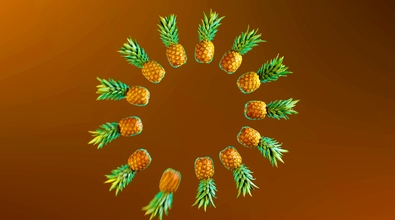Dayton Busse
dayton_busse
About Me
Hey! I'm a full time FX Artist and 3D Generalist, and I'm passionate about Houdini.
EXPERTISE
Generalist
INDUSTRY
Advertising / Motion Graphics
Connect
LOCATION
Chapel Hill,
United States
WEBSITE
Houdini Skills
INTERMEDIATE
Digital Assets | Motion Editing | Animation | Fluids | Destruction FX | VEX
BEGINNER
Procedural Modeling | Environments | Character Rigging | Solaris | Karma | Lighting | Pyro FX
Availability
I am currently employed at NOV
Recent Forum Posts
Getting a TransformObject Handle's Local xform values? Nov. 22, 2025, 7:08 p.m.
I've thought about it and I believe the value I was looking for is just how much the user has transformed the gizmo's z axis handle overall, which would have to have just been accumulated over the course of a session, it can't be calculated at one point in time as every rotation changes how much the object has moved in the gizmo's local space. I am going to add a value sim to my rig to account for this.
Getting a TransformObject Handle's Local xform values? Nov. 22, 2025, 3:11 a.m.
Hi! Can anyone help me with some Matrix math (or help me find another way to do this?) I want to grab the transform object handle's LOCAL axis position values and convert them to world space. So no matter how it's rotated, I'm getting the amount that I moved just the Z axis handle for instance.  This setup DOES give me that, until I rotate the handle. Then the object orbits about the origin.
This setup DOES give me that, until I rotate the handle. Then the object orbits about the origin.

APEX Make Template Graph in Component Script? Oct. 27, 2025, 5:09 p.m.
Ahh got it. I can just set the internal subnet with a function call. Vey helpful, thank you so much!
